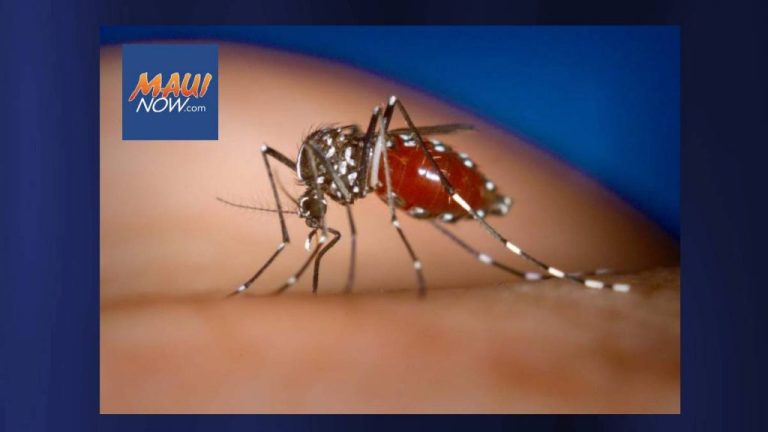February 9, 2024, 7:09pm (US time)
The Hawaii Department of Health (DOH) has received a report of a travel-related case of dengue fever on Maui from an individual who recently traveled to a country where dengue fever is common. The last locally transmitted dengue case was confirmed in the state in 2016.
Two travel-related dengue cases have recently been reported on Oahu, one last week and one in late December.
Dengue virus is transmitted from person to person by mosquitoes. In areas where dengue fever is suspected or confirmed, Hawaii Department of Health personnel conduct testing and mosquito control operations. According to the DOH, reducing the number of mosquitoes reduces the chance of transmitting dengue fever to others.
Although Hawaii is home to a type of mosquito that transmits dengue fever, the disease is not established (endemic) in the state, and cases are currently only seen in travelers.
Some countries are reporting an increase in the number of infections. Health officials say it's important to check country-specific travel advisories four to six weeks before traveling to get the latest guidance on dengue risks and precautions for that country.
Travelers returning from areas where there is a risk of dengue fever are advised to take measures to avoid mosquito bites for three weeks and seek medical attention if they develop symptoms of dengue fever within two weeks of returning home. To do.
Symptoms of dengue fever can be mild or severe and include fever, nausea, vomiting, rash, and body aches. Symptoms usually last 2 to 7 days and can be serious or life-threatening, but most people recover in about a week.
For more information, please visit the Disease Outbreak Control and Vector Control Division websites.


